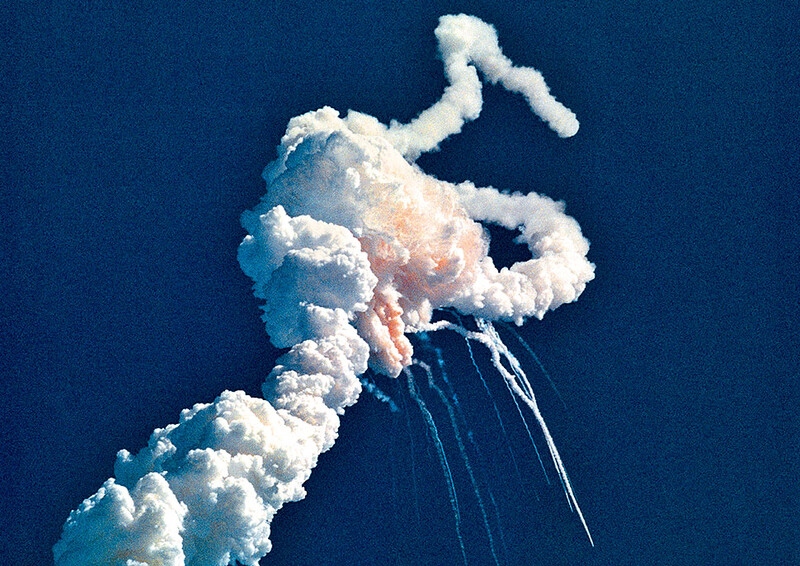Epic meltdown
Greenland’s massive ice sheet is more vulnerable to melting than scientists had previously thought. Joerg Schaefer, a geochemist at Columbia’s Lamont-Doherty Earth Observatory, has uncovered evidence that the ice sheet disappeared at some point over the past 1.4 million years. The discovery, he says, suggests the ice is unstable and could vanish again as a result of human-induced climate change.
Crooks’ haven
An investigation by Columbia journalism students, in conjunction with the nonprofit ProPublica, has found that the United States is an increasingly popular destination for foreign officials fleeing corruption charges in their home countries. This is due in part to the US’s lax enforcement of immigration laws and financial regulations.
All work, no play
Busy people and workaholics enjoy higher social status in the United States, according to research by Silvia Bellezza, an assistant professor of marketing at Columbia Business School. For previous generations of Americans, she says, prestige was associated with having more leisure time.
They need “the talk”
Girls from low-income households are not receiving the information they need to emotionally prepare for puberty and menstruation, according to research by Marni Sommer ’08PH, an associate professor at Columbia’s Mailman School of Public Health. She says her research highlights the need for more discussion of puberty in schools and for programs that help parents talk to their children about sexual development.
Even the wind is partisan
On windy election days, people are more likely to vote for candidates who represent the political status quo, according to a forthcoming paper by researchers at Columbia Business School. The authors, who analyzed one hundred years’ worth of US presidential-election results, speculate that strong winds make people feel uneasy, leading them to vote for politicians who promise them safety and stability.
Something’s in the water
Columbia geochemists Beizhan Yan and Steven Chillrud ’96GSAS have found heightened concentrations of chlorine and methane in dozens of drinking-water wells near Pennsylvania fracking sites. While the levels aren’t yet dangerous, Yan and Chillrud say that their findings indicate that natural-gas extraction could affect water safety in the long run.
New strategy to slow ALS
Researchers at Columbia University Medical Center have found evidence that fruits, vegetables, and other foods high in antioxidants and carotenoids can slow the progression of ALS, a degenerative disorder that causes the death of neurons that control muscle movements.


